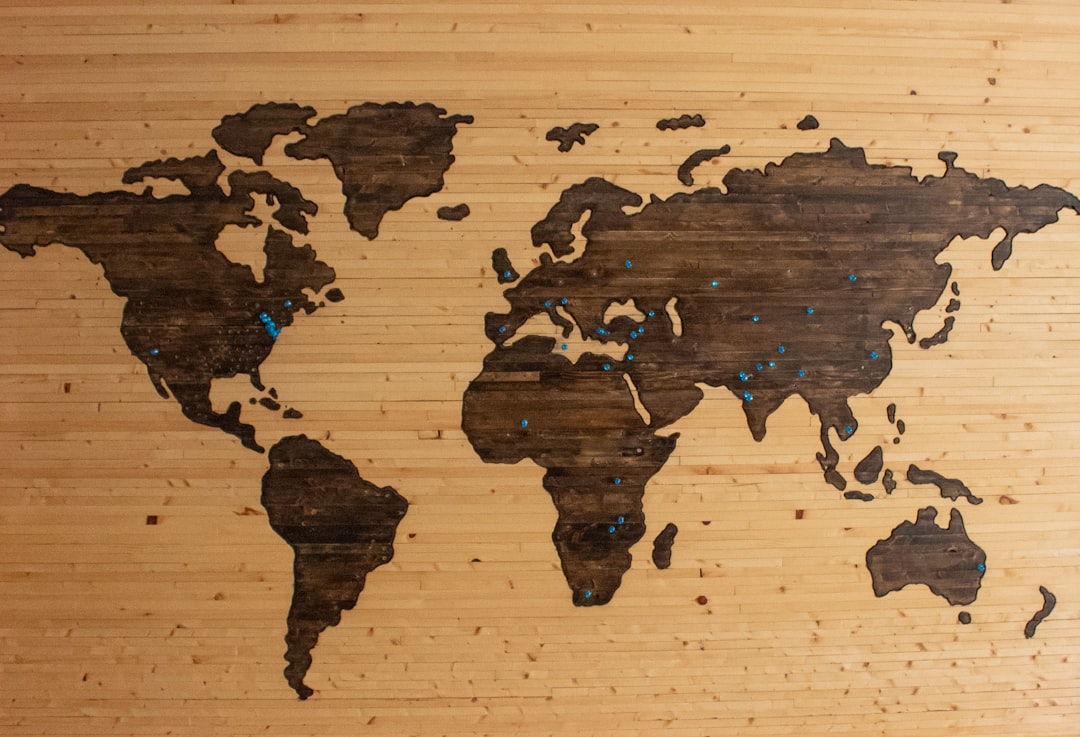What is it about?
Members of high-status groups (e.g. men) often lead social justice efforts that seek to benefit low-status groups (e.g. women). How do observers respond to such instances of visible and influential solidarity? Our research examines this question in the context of non-profit organizationst that seek to address gender inequality (Studies 1, 3, 4) or racial inequality (Study 4). Results show that the presence of influential high-status group leaders can discourage members of low-status groups from joining the social justice effort. This is because members of low-status groups perceive a specific problem presented by high-status groups (low awareness of inequality) and report lower levels of hope. We provide evidence that low-status group members' negative responses to leaders from the high-status outgroup cannot be solely explained by group bias.
Featured Image

Photo by Library of Congress on Unsplash
Why is it important?
Results provide the first evidence that the presence of influential high-status group leaders can discourage members of low-status groups from joining a social justice effort that seeks to benefit their ingroup. Non-profit organizations should thus carefully consider the composition of their leadership teams.
Read the Original
This page is a summary of: Mobilized or marginalized? Understanding low-status groups’ responses to social justice efforts led by high-status groups., Journal of Personality and Social Psychology, August 2020, American Psychological Association (APA),
DOI: 10.1037/pspi0000325.
You can read the full text:
Contributors
The following have contributed to this page










